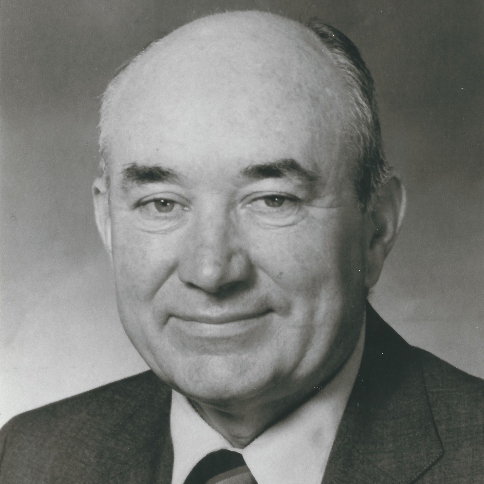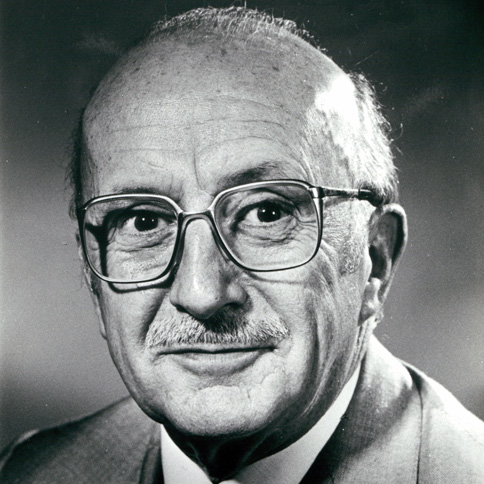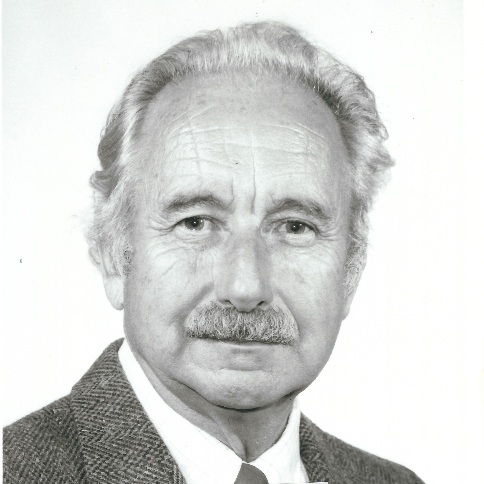
Caroline Dean
Wolf Prize Laureate in Agriculture 2020

Caroline Dean
Affiliation at the time of the award:
John Innes Centre, England, UK
Award citation:
“for pioneering discoveries in flowering time control and epigenetic basis of vernalization.”
Prize share:
None
As winter gives way to spring, as if by clockwork, many plants bloom in all their glory in order to attract pollinators. These species delay their flowering until the onset of spring, when there are optimal conditions for fertilization. It has been long known that plants delay flowering until they have experienced a period of prolonged cold, a process termed vernalization. Prof. Dean’s work on understanding the plant’s memory mechanisms and temperature sensing, has many implications for agriculture and extending crop range to ensure year-round supply.
Professor Dean (Born 1957) grew up in the north of England. After gaining both a BA and a PhD in Biology at the University of York, Caroline moved to California to research molecular biology. She began working at the John Innes Centre in 1988, where she works on the molecular basis of vernalization.
Dean’s research has provided several major breakthroughs that have direct impact on our understanding of a fundamental process in biology that is of critical importance to society, namely the molecular mechanism controlling the timing of flowering in higher plants. Her research was focused around two central questions in plant biology: Why do certain plants have to pass through winter before they bloom, and how do they remember that they have been exposed to cold temperatures weeks or months earlier? These are not merely academic problems, because the breeding of different varieties of cereals that either have or do not have this winter requirement has been a major cornerstone for increasing the yield of agricultural crops in temperate climates. Dean and her students cloned several of the most important genes controlling Arabidopsis flowering time in response to vernalization, the process by which plants recall temperature to regulate flowering in the correct season.
In attempts to understand the mechanisms by which the vernalization pathway operates, Dean and coworkers have discovered an epigenetic mechanism that regulates the pathway, linking RNA processing with small RNA silencing pathways and histone demethylation. Together with collaborators they then developed a quantitative molecular model explaining how plants “remember” winter. Her seminal research describes the mode by which plants extract signals from noisy temperature profiles, and how this is remembered through subsequent development. Dean has translated her basic research from Arabidopsis thaliana into crop biology as well, especially by breeding of various Brassicas that have flowering time alleles chosen by molecular methods based on her basic research. Dean’s work provides a molecular paradigm for environmentally-controlled epigenetic regulation with enormous ramifications for breeding crops in stressful and changing environments.
Caroline has been a strong advocate for women in science, and enthusiastic role model and mentor. Dean’s work and its implications for agriculture have gained increasing currency in the face of a changing climate, which have been of profound importance not only for agriculture, but also for biology as a whole.





























































































